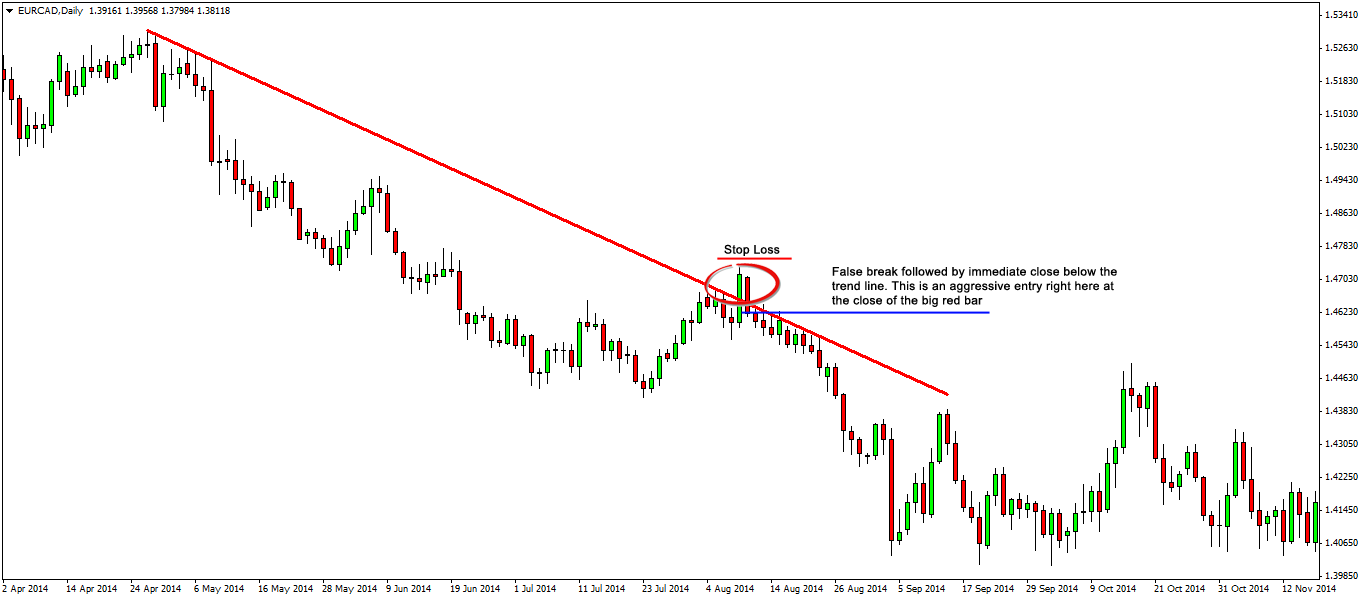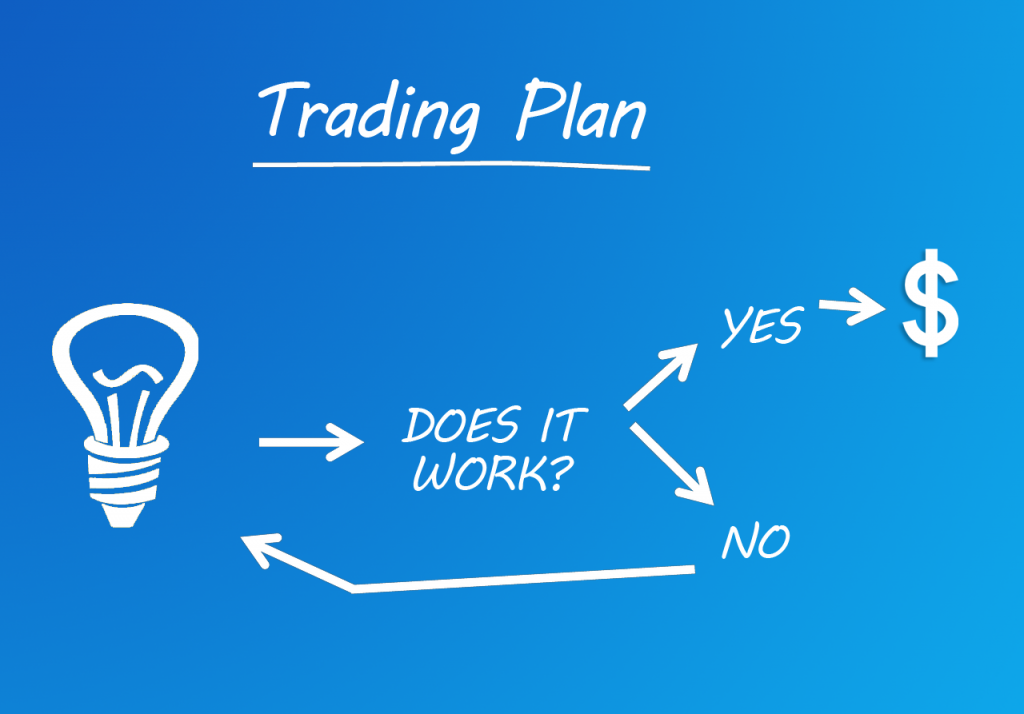
Trading Forex could be one of the most controversial financial investment you will ever make. Many have found financial freedom trading forex but on the other hand, statistics show that most are not making money in the long run. That’s why it is a good idea to start slowly, using demo accounts (and blowing them – yes you will blow many accounts on your way to being a profitable trader) learning, testing, practicing, filtering, practicing more and at the end practice a bit more, before you reach for your credit card and deposit real money into your live account.
If you are looking for a place to start your education in the field check out my free guides “Forex For Beginners” and “Forex For Advanced“
Remember, every business enterprise has its own risks but that doesn’t stop investors from making profits. So, let’s discuss a few ways which might help in making things work in the right direction.
There is plenty of educational materials on the subject of trading forex but in this article i’d like to look at this business from a different perspective. Below you will find 12 rules that if followed could have tremendous influence on your trading career.
You should adjust your trading strategies according to the variations in the market condition. Since the market conditions varies over time due to variations in economies, financial policies and market views. You should monitor the performances of your trading strategies and adjust them accordingly so that they can stay profitable to you when trading. You must learn to swing with the market.
Most traders and ambitious traders are by a hair’s breadth in a position to move a market, or substantially affect the movement of prices in any great way, and it is therefore mandatory for such traders to learn defensive trading. You should adhere to your trading strategies and avoid allowing your exit to Lose More than you can afford, the odds are in your favor whenever you close your trade with Win More, Win Less or Lose Less.
You should set your goals and consequently come up with a style of trading which is compatible with your set goals. You should also ensure that your persona matches the style of trading you choose. It is vital that you come up with a set of goals, strategies, and methods to achieve and then be sure that your trading method is capable of achieving your set goals. Each trading style requires a diverse tactic and each style has a diversified risk profile, which requires a different attitude and approach so as to successfully trade. For example, if you are a person who don’t like to leave any trades running at night, you should consider day trading. On the other hand, if you have enough funds in your account and you think you will benefit from the appreciation of a trade over a period of some months, then a long-term trader is what you want to consider becoming. However, it hardly matters the style of trading you choose, be sure that your personality matches the strategy or trading style you choose. A mismatch in personality will lead to certain losses and certainly also to stress.
When it comes to choosing a Forex broker, it is imperative to pick a broker who offers a trading platform that will allow you to do all that you require. You should also choose a broker that you are comfortable with while at the same time one who offers a trading platform suitable for your style of trading. You might consider choosing a reputable broker and also spending time researching the differences between brokers. You should target to know each broker’s policies and how it goes about making a market. A good example is the difference between trading in the over-the-counter market or spot market and trading the exchange-driven markets. When choosing a broker, it is important to read the broker’s documentation. It’s your duty to know your broker’s policies. Also make sure that your broker’s trading platform is suitable for the analysis you want to do. E.g. if you want to trade using Fibonacci numbers, then you have to be sure that the broker’s platform can draw Fibonacci lines.
As a trader, before starting to trade, you should have some idea of how you will make decisions to execute your trades. You must know what information you rely on in order to make the appropriate decision about entering or exiting a trade. You should select a procedure (trading strategy) i.e. consistent in its application. There are traders who analyze fundamentals carefully of the economy, and then use a chart to determine the best time to execute the trade. Others employ technical analysis; as a result they will only use charts to time a trade. Remember that fundamentals leaves its effect in the long run, but it’s the technical that offer trading opportunities in the short term. Remember to be consistent in any methodology that you choose. And be sure that your methodology is adaptive.
One of the best approach is to select a longer time frame when we need to know the trend and analyze a shorter time frame to know about the entry or exit. Traders get confused due to inconsistent information that occurs when looking at charts in different time frames. Sometimes there might be cases in which there will be a buy signal on the weekly chart, but at the same time there will be a sell signal on an intraday chart. In such situations, it is best to use a weekly chart for analyzing direction, and use a daily chart to search an entry. However, make sure to synchronize the two time frames. In other words, if the W1 Timeframe chart is giving you a buy signal, wait until the D1 timeframe chart also confirms a buy signal. This is referred to as keeping your timing in sync.
Before opening any trade you should always calculate what you expect. Expectancy will help in determining how reliable your system is. You measure all your trades that won versus all your trades that were lost (closed with losses). It is always a good deal to calculate your winning trades, losing trades and know how much profitable you were in a selected time frame. You should figure out if you would have made a profit or a loss.
Prepare history and make note of your last trades. You can always do proper calculations, do analysis on how things went wrong and look at the charts for proper entries with entry and exit points. You should write down these results. To calculate profit and loss you can divide the total of all your winning trades by the number of losing trades.
As a trader, you should concentrate on your trades and have a proper mindset in case of minor losses at times. After funding your account, the most important thing to keep in mind is that your money is at risk. One should never use money, which is allocated for paying bills, food or living. You can consider your trading money as if you are utilizing it in a holiday. So, even if you lose sometimes, you should think it as spending money in a holiday. If you have this in mind, then it will prepare you to accept small losses, which is key when it comes to risk management. If you focus more on your trades and think less about losses, then the chance of you becoming a successful trader increases.
There might be many cases when you will close a trade in profit. In such cases you can make a note of the strategy used for a well-executed trade and plan. Then, next time you can plan a trade and execute it well looking at the previous strategy of a positive trade.
It is always one of the best practices to do analysis of what happened during a week. So, you should analyze your trading strategy on a weekly basis and gather as much information as possible. As we all know that during the weekends the markets are closed, so it the best time to check your math. You can perform proper analysis, and have a detailed look at the charts. You can study candlestick patterns, different time frames, trend lines and Fib levels. You can have a look at some of the Forex sites, and see what analysts have to say about the current trend. You can make notes, and follow setups accordingly.
If you follow a proper directional approach, then the possibility of ending up with a losing trade decrease. A detailed study of charts always help and according to many experts, if we utilize time well in exploring details of the Forex market we might end up being successful.
Let’s say you find a chart or a trade setup interesting and you think it might go well, then you can take a print of that chart and have it. If you keep things at the right place and trade you won’t be tensed. You can also make notes on the chart printouts and point out entry and exist points. In this way, you will always have a proper devised strategy to use while trading. If you keep records, then later you can re-analyze what you did was as per plan or not. Were you greedy and panicked at times?
These small things polish you as a trader and make you a better one in the long term. Trading is just like any other business. Details matter. The smaller details matter even more. Don’t overlook them.
Yours,
Vladimir























